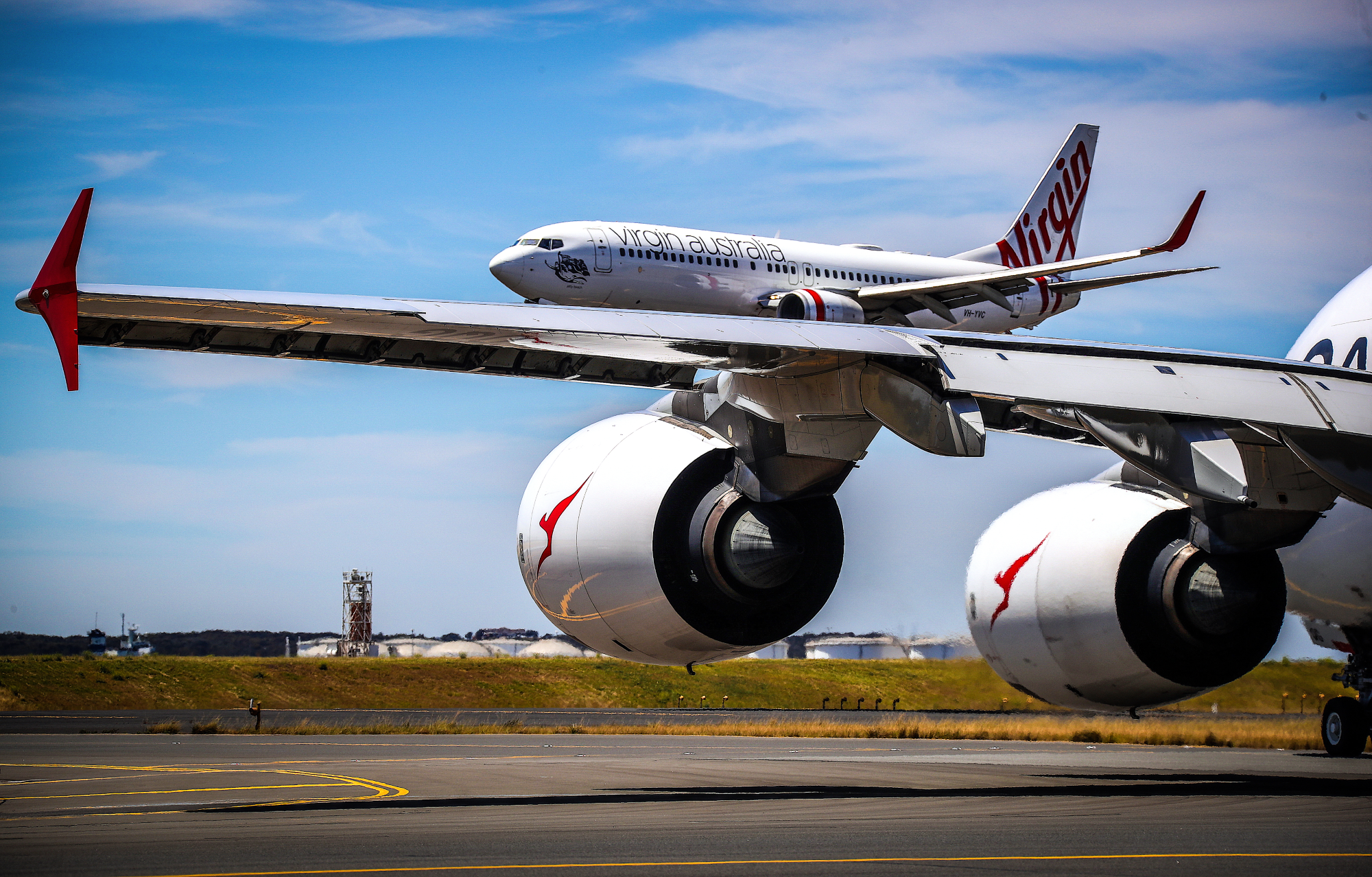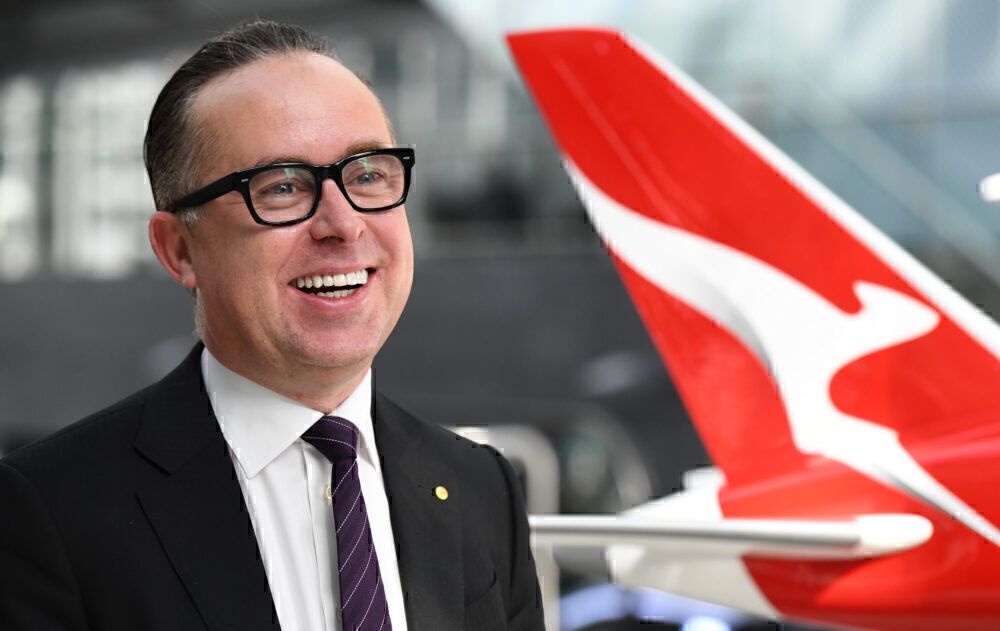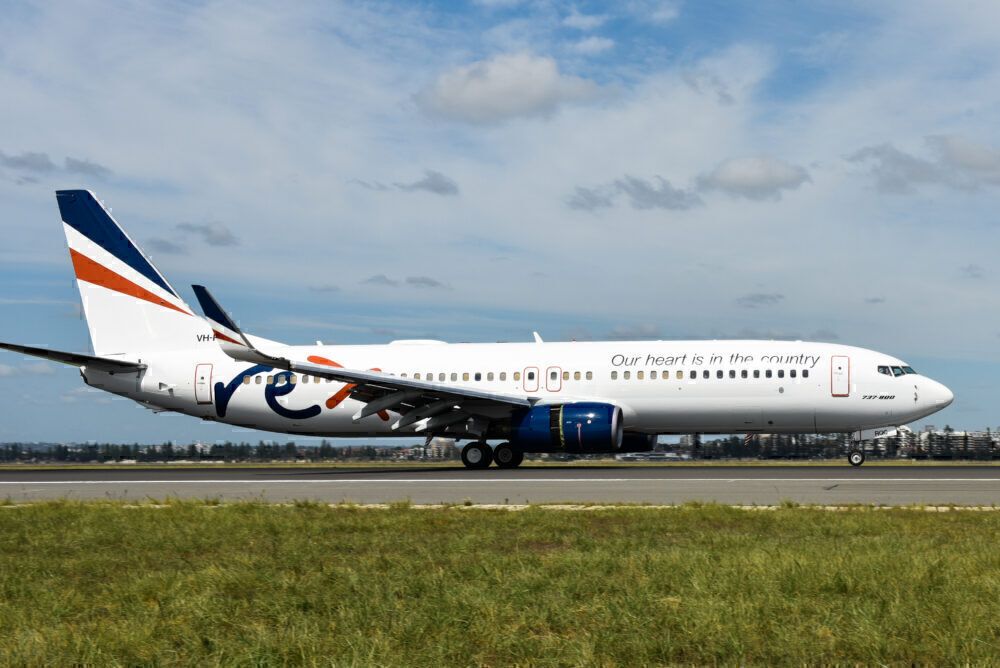Australia's domestic aviation scene is set for a shakeout this year as a new player starts flying on the normally lucrative and busy east coast inter capital routes. Rex Airlines is taking on the Qantas Group and Virgin Australia on routes that are traditionally cozy duopolies. But Qantas isn't too fussed. Yesterday, Qantas CEO Alan Joyce said he expected only two airlines to survive the competitive battle. He knows one of them will be Qantas, but he isn't too sure about who the other will be.
Alan Joyce knows Qantas will survive, but who else does? He's not so sure
According to a report in Thursday's Sydney Morning Herald, Mr Joyce said he wasn't confident both Virgin Australia and Rex could survive through the post COVID era.
"You can be guaranteed that Qantas will be one of them. It’s who else is going to be in the market place post this and into the future is going to be interesting."
Rex is due to start flying Boeing 737s between Sydney and Melbourne in early March. Shortly after, flights between Sydney and Brisbane will begin. As Simple Flying reported yesterday, that start date may be delayed owing to internal border closures.
Before COVID, these were some of the busiest airline routes in the world. Historically, these routes have been tightly held by just a couple of airlines, with some market share crumbs thrown to their low-cost offshoots. With high volumes of business travel on the routes, they usually provide rich revenue streams for the airlines.
Stay informed: Sign up for our daily aviation news digest.
Rex Airlines is taking a risk but stands a decent chance of succeeding
Rex isn't the first airline to take on the established players on these routes. In the last 20 to 30 years, Impulse Airlines, and OzJet, and both versions of Compass Airlines tried and failed. But Rex has a better chance than most of making their new flights work. They run a lean operation with deep pockets, are an established airline with deep expertise, and have an excellent local feeder network.
Before the COVID-19 outbreak last year, the Qantas Group operated up to 45 return services a day between Sydney and Melbourne. During the worst of COVID, that fell to a single return flight. At the moment, Qantas hopes to operate at 60% of pre-pandemic domestic capacity over the March quarter. But current internal border closures are restraining capacity on both the Sydney-Melbourne and Sydney-Brisbane sectors.
Rex plans to operate around nine return services a day between Sydney and Melbourne. Alan Joyce has long argued Rex has neither the market firepower nor aircraft capacity to compete effectively against the Qantas Group. But the Qantas boss has welcomed the competition, saying any competition makes his airline a better business.
Virgin Australia fighting from a weakened position
Vulnerable is a weakened Virgin Australia. That airline, a solid rival to Qantas for the last decade, has new owners and is now taking flight as a mid-tier carrier. It is said to be looking closely at imitating the JetBlue model. In the meantime, its fleet is reduced, and schedules are decidedly thinner than those offered at Qantas.
Cuts to in-flight services and simmering resentment over Virgin Australia's handling of refunds throughout 2020 have seen the all-important business market defect to Qantas in droves.
Alan Joyce may be right. He may be wrong. He's not averse to feeding the odd verbal firebomb like this to the media. But if he is on the money, predicting which airline will survive and which will not is tough. Both Virgin Australia and Rex have their strengths and weaknesses. Certainly, neither is in the powerful position the Qantas Group is in.
What do you think? Is Alan Joyce right? Post a comment and let us know.



